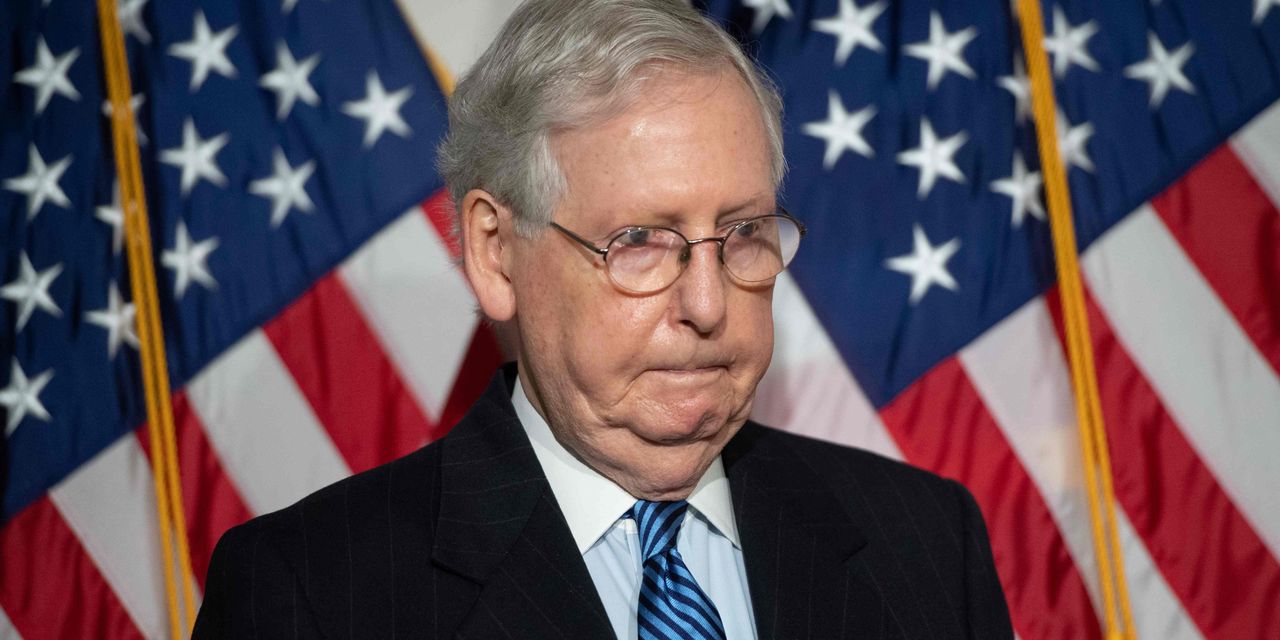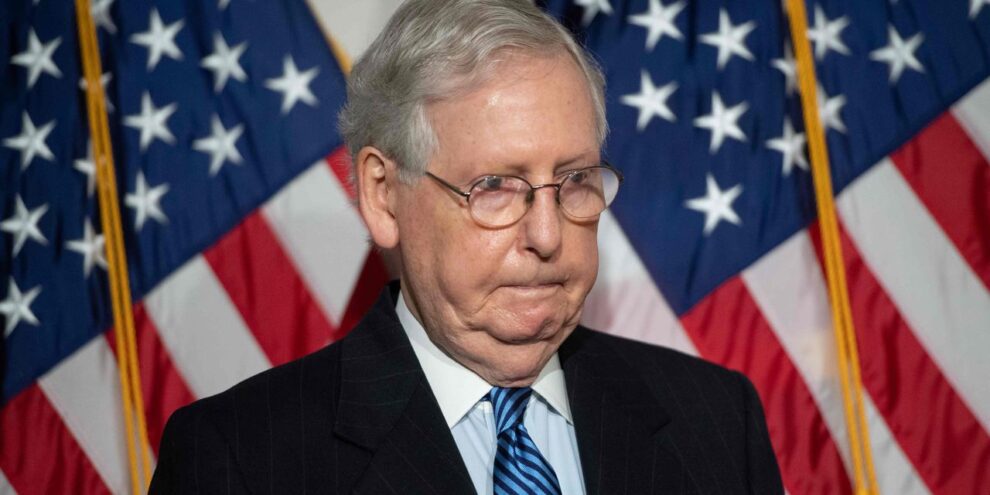
Senate Democrats had hoped to have several of President Joe Biden’s cabinet nominees confirmed and in place by end of his first day in office. At the rate things are going, there may be only one to show for his first week on the job.
Biden’s nominees – one of three early priorities named by Senate Majority Leader Chuck Schumer – are one part of an early standoff in the chamber as it starts work under a 50-50 party split that, while it gives Democrats floor control, makes getting the Senate organized more difficult than usual.
Republicans are demanding Democrats promise not eliminate the requirement to get 60 votes to end debate on legislation – the legislative filibuster – in exchange for agreeing to a resolution laying out how the chamber’s resources are to be divided for the next two years with respect to how many slots there will be for each party in committee, staffing, and offices for example.
“The legislative filibuster is a crucial part of the Senate. Leading Democrats like President Biden himself have long defended it,” said Senate Republican Leader Mitch McConnell on the floor.
“I cannot imagine the Democratic Leader would rather hold up the power-sharing agreement than simply reaffirm that his side won’t be breaking this standing rule of the Senate,” he said.
Usually the organizing resolution, as it’s called, is the subject of minor squabbling between the parties over the committee party ratios.
In 2001, when the Senate was evenly split for the first six months of George W. Bush’s administration but under Republican control with Vice President Dick Cheney’s vote, a power sharing agreement was worked out that split most things down the middle. That was expected to be the model for this year before McConnell sought the filibuster promise.
Schumer said Democrats won’t agree to the Republicans’ demands.
“We believe, our caucus believes, that the fairest easiest and most bipartisan way to come to an organizing resolution is to enact the 2001 agreement that Senators Lott and Daschle came to in a bipartisan way back then. We, our caucus is strongly opposed to any extraneous provisions. And so we’re going to keep working to try and get a bipartisan agreement,” he said.
Sen. Brian Schatz, Democrat from Hawaii, called McConnell’s request “absolutely unprecedented, wacky, unproductive” in a tweet.
The stalemate threatens to further slow approval of Biden’s initial slate of nominees. Schumer had said he hoped to have several cabinet-level appointees confirmed by Wednesday, Biden’s first day in office. Instead, only one, Avril Haines as director of national intelligence, was confirmed.
Schumer, in his maiden floor speech as majority leader, said his top three priorities for the first several weeks of the new Senate were nominee confirmations, the impeachment trial of former President Donald Trump, and a new coronavirus relief package.
Josh Hawley, a Republican from Missouri, placed a “hold,” an informal request for a delay usually granted as a matter of courtesy, on floor consideration of Alejandro Mayorkas to head the Department of Homeland Security.
A second nomination, Lloyd Austin to be the secretary of defense, has languished as lawmakers have worked on passing a waiver of the requirement for a seven-year cooling off period between active service and taking the reins at Defense. The House was expected to approve a waiver Thursday. The Senate would need to do so as well before he is confirmed.
Janet Yellen, the former Federal Reserve chair who’s been nominated to be Biden’s Treasury secretary, like Austin, also likely faces an easy path to confirmation, once her nomination gets to the floor.
Sen. Lindsey Graham, a South Carolina Republican, told reporters Wednesday that, aside from Mayorkas, he probably would vote for most of Biden’s cabinet slate.
“Not all, but most of them. I mean, like Yellen, how can you say she’s not qualified?” he asked.












